

  |
|
|
||||||||||||||||||||||
|
FMS FEATURE... August 15, 2016 Emmy-Nominated Series Composers Speak Six top composers talk about their approaches to TV drama by Jon Burlingame HOLLYWOOD—Writing the music for a weekly television series is among the hardest jobs in the business. A composer must confer with producers, compose anywhere from 10 to 40 minutes of music per episode, and often deliver a finished product within a matter of days to make locked airdates on time. This year's Emmy nominees in the Outstanding Music Composition for a Series category demonstrate a wide range of styles and approaches. Five of the six have been nominated for Emmys in the past. 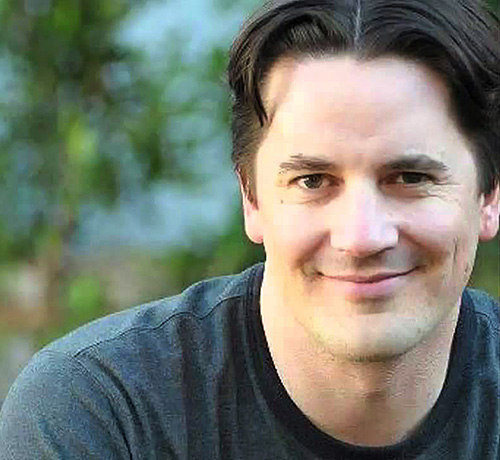 Chris Bacon The episode's climax is an attempted murder-suicide. "In his mind, this is the only thing that makes sense for these two broken people to be together," Bacon explains. The score is mostly strings, piano, harp, some percussion and electronic elements. "Norman doesn't really have a theme," he explains, "because so much of what he is, is tied into his mother. They have a theme, but it gets twisted." Bacon has been recording a string orchestra of 18 to 20 players every week for Bates Motel.  Duncan Thum Achatz is a wildly innovative, award-winning Chicago chef whose personal story was especially compelling (being diagnosed with cancer of the mouth, the subsequent treatment leading to a loss of his sense of taste). Thum's original suggestion, that they consider miminalist composer Arvo Part's music as a possible role model, did not work; that music was "adding this intensity and gravity to everything that was going on in the story," Thum said, so the idea was discarded. 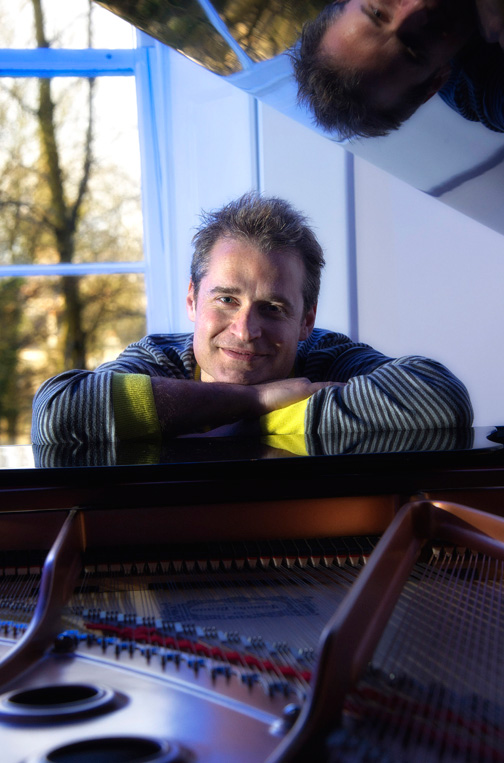 Paul Leonard-Morgan Limitless, the CBS spinoff from the 2011 movie thriller, is an instance in which the original film composer, Paul Leonard-Morgan, came back to do the series as well. "The most challenging part was trying to come up with something that was significantly different than the film," Leonard-Morgan said. The producers wanted "to establish a brand new style." The music needed "to have touches of darkness, touches of super-powers, but it's not really super-hero. It's much more grounded. It's coming up with little hooks – as soon as he's popping that pill [which gave the lead superhuman intellectual abilities], the music is really guiding you to it. But it's got to be a super-fast motif rather than 16-bar thematic material because you haven't got that much time." 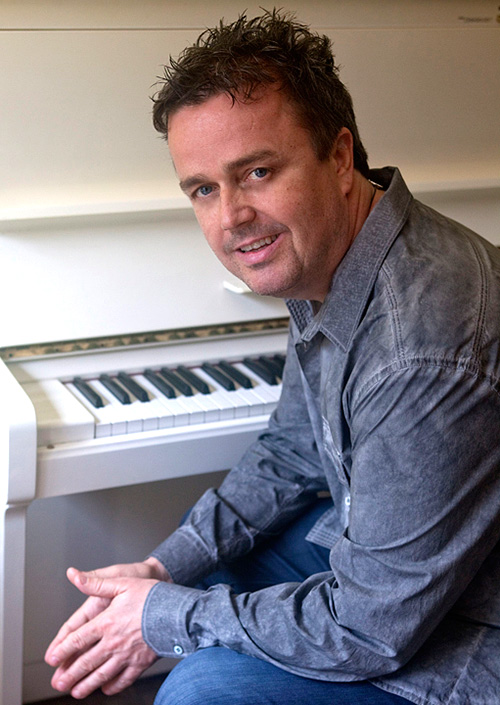 Sean Callery Like Limitless, Fox's futuristic Minority Report was a movie spinoff that lasted just a single season. But the movie Minority Report was scored by John Williams, while the series went to TV veteran and three-time Emmy winner Sean Callery (24, Homeland, Elementary). The producers "wanted to acknowledge the world that was created, but also take the story forward with the pre-cogs [people with the ability to predict crimes] rather than the cop," the subject of the original film, Callery said. Luckily, none of the Williams score was used as a model for what Callery needed to do in his pilot. "It had to be a very broad orchestral score," he said, "bigger than 24 in terms of theme, in terms of story. The challenge was to create something original that honored the film but didn't mimic it. It was some of the hardest work I've ever done, that spoke lyrically and served the grander canvas." 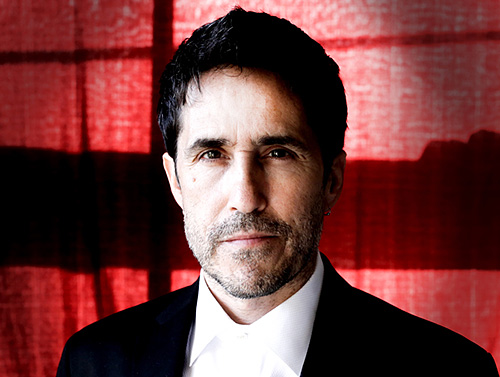 Mac Quayle "The music, for the most part, is about being inside Elliot's head. In a lot of it he's paranoid, stressed, tense, afraid. So I'm writing a lot of music describing those feelings." And while many careful listeners are praising Quayle's use of analog synthesizers dating back to the '70s and '80s, in fact "they're just really good digital imitations of them," Quayle added. 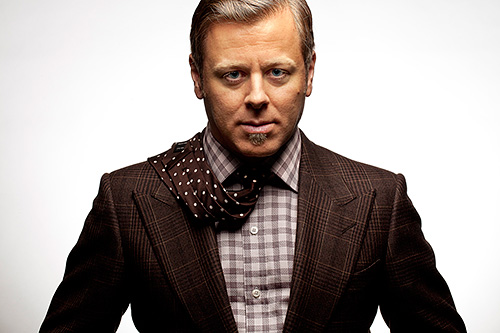 Abel Korzeniowski He entered "And They Were Enemies," the 10th and final episode of season 2, because "it had everything," he said. "It had new themes for that particular episode, and a recapping of all the themes from the rest of the season, including one of my favorites, 'Melting Waltz,' for Dorian and Angelique earlier in the season. It was recalled as a recording for gramophone, for Lily and Dorian dancing." Kozeniowski (who generally recorded a 35-piece orchestra for every episode) describes his Penny Dreadful music as one of "dark beauty. It's an exploration of different shades of what we consider beautiful and charming and alluring. It's the sweetness of the poison." ©2016 Jon Burlingame |
Search
Past Features
|